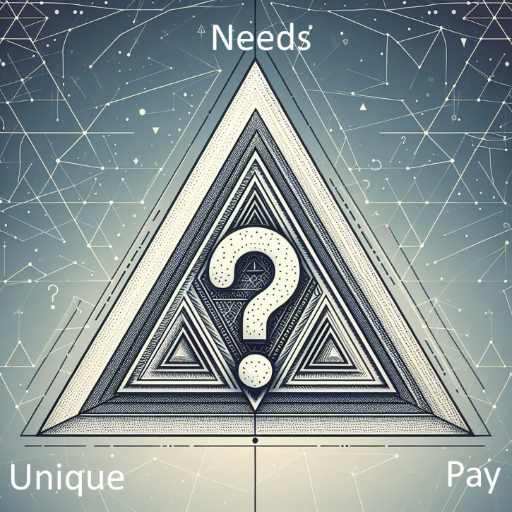How I learnt to pick ideas that win
A simple set of criteria to evaluate ideas and whether they have the potential to be successful in the market
I come up with lots of ideas for potential applications, businesses, stories and random other things.
Some ideas would just be for fun but others could potentially be developed into a business - if the wind is in the right direction and it is running downhill and luck is on our side. There are ways to reduce the reliance on luck as some ideas will just never work - or at least have a much smaller chance of success.
The favourite approach is to produce an MVP (minimum viable product) and experiment with that to identify if anyone would buy it and if so what features do they really need. This still implies spending time on implementing the idea, possibly developing code or a prototype.
An article by Kendall Miller proposes a set of questions to consider before even going as far as working on the MVP. Depending on the idea, it could potentially save a lot of work. He proposes three criteria for identifying "ideas that win":
- What unmet need of an existing market are we satisfying? It is easier going after an existing market than creating a new one.
- Who will pay for this system, and what are they used to paying? Identify who will pay and how much.
- Why are we uniquely positioned to succeed? They need a reason to pick you over others.
It is very easy to just focus on one or two of these criteria.

However it is important to address all three to have a chance of success. If there is no unmet need then why should they use your product and buy from you? If they won't pay then you have no sales? If you can't differentiate from other offerings then why should they buy from you as opposed to someone else?
Assuming you are developing a software product, he says:
A rough rule of thumb when creating a new product is that 20% of your cost will be in the engineering of the product itself. The rest goes into sales, marketing, and everything else it takes to get customers to adopt and pay for your product.
With a background in software development it is very easy to just focus on the execution of the idea and not the other areas around it that will make it a success.
Links
